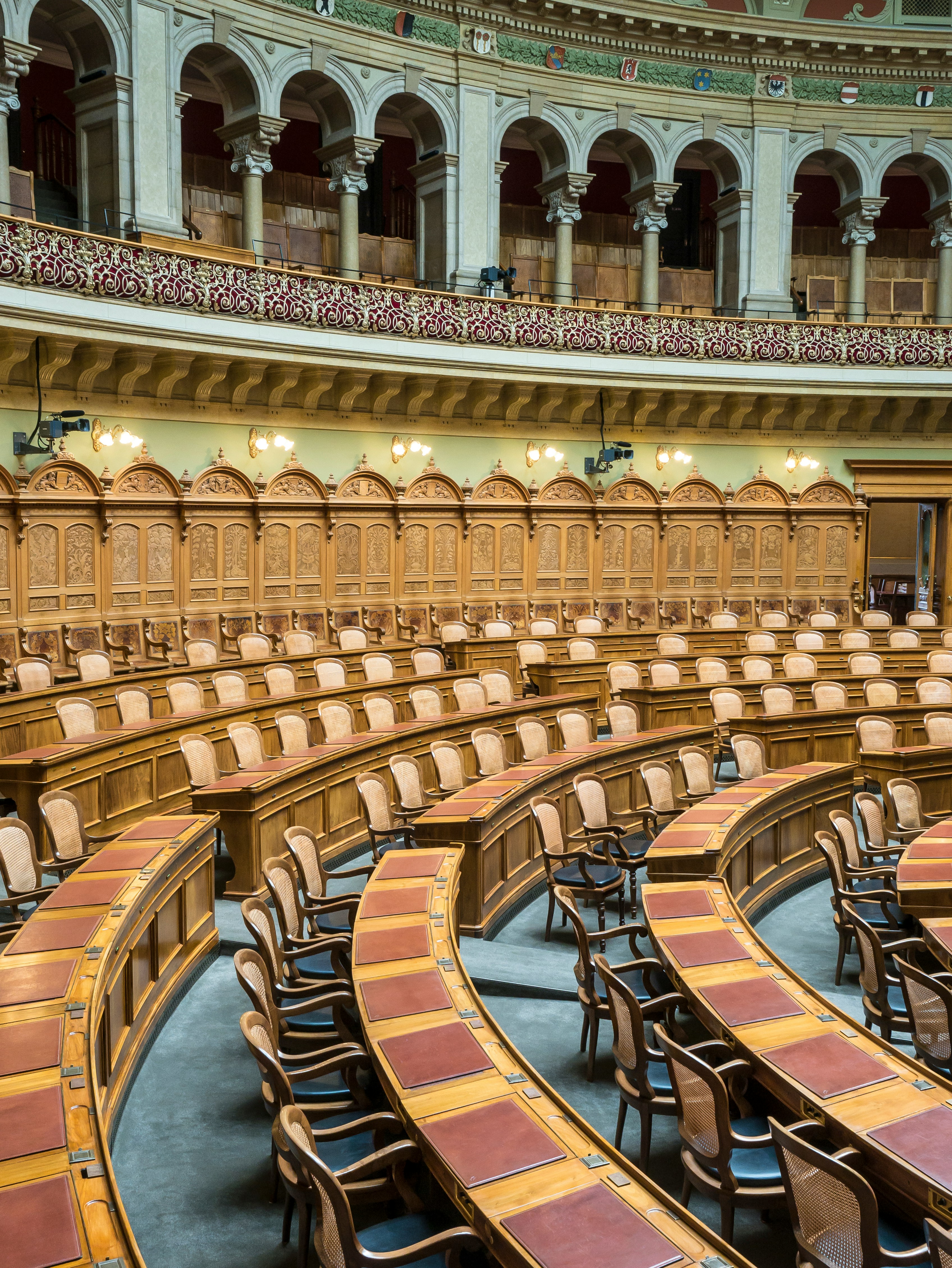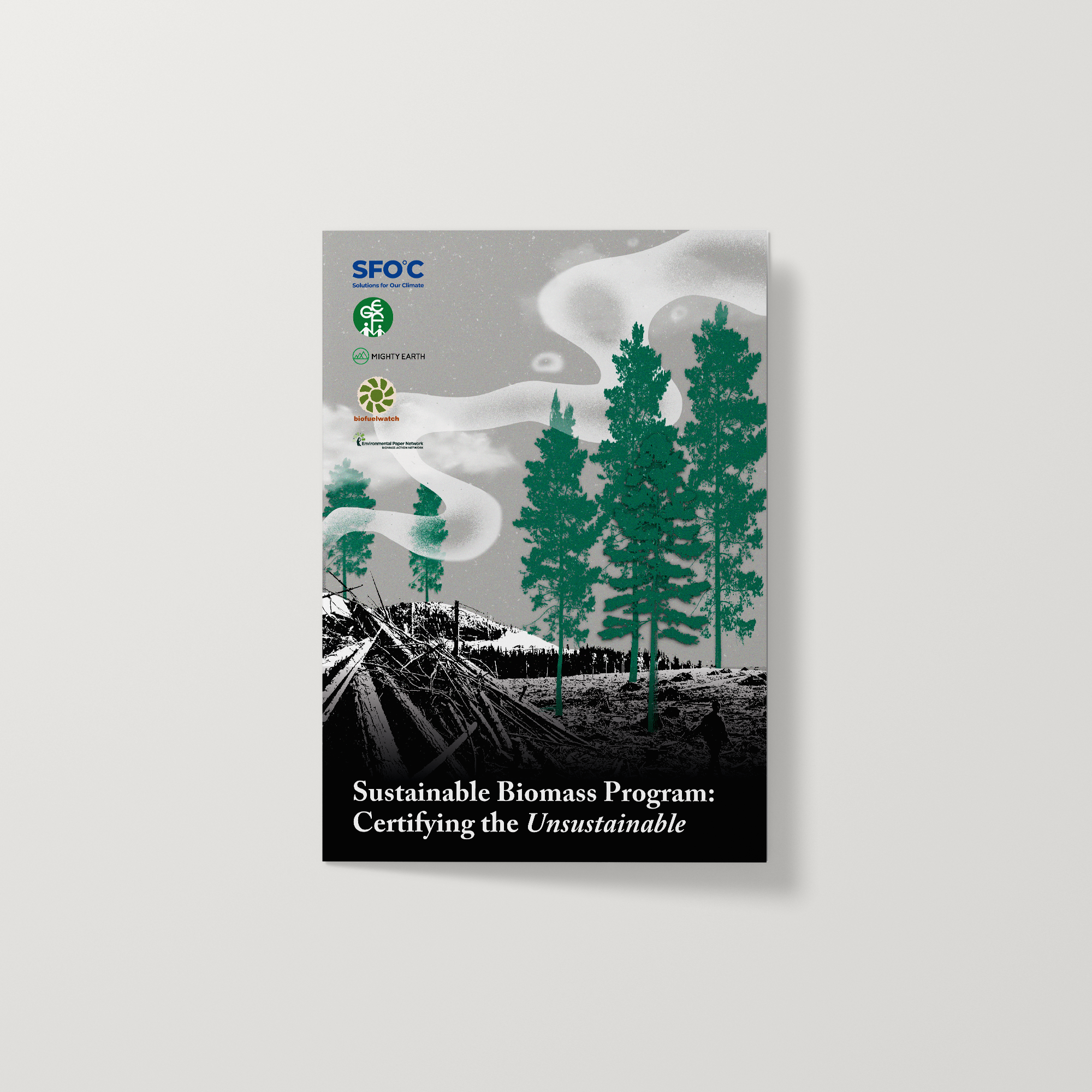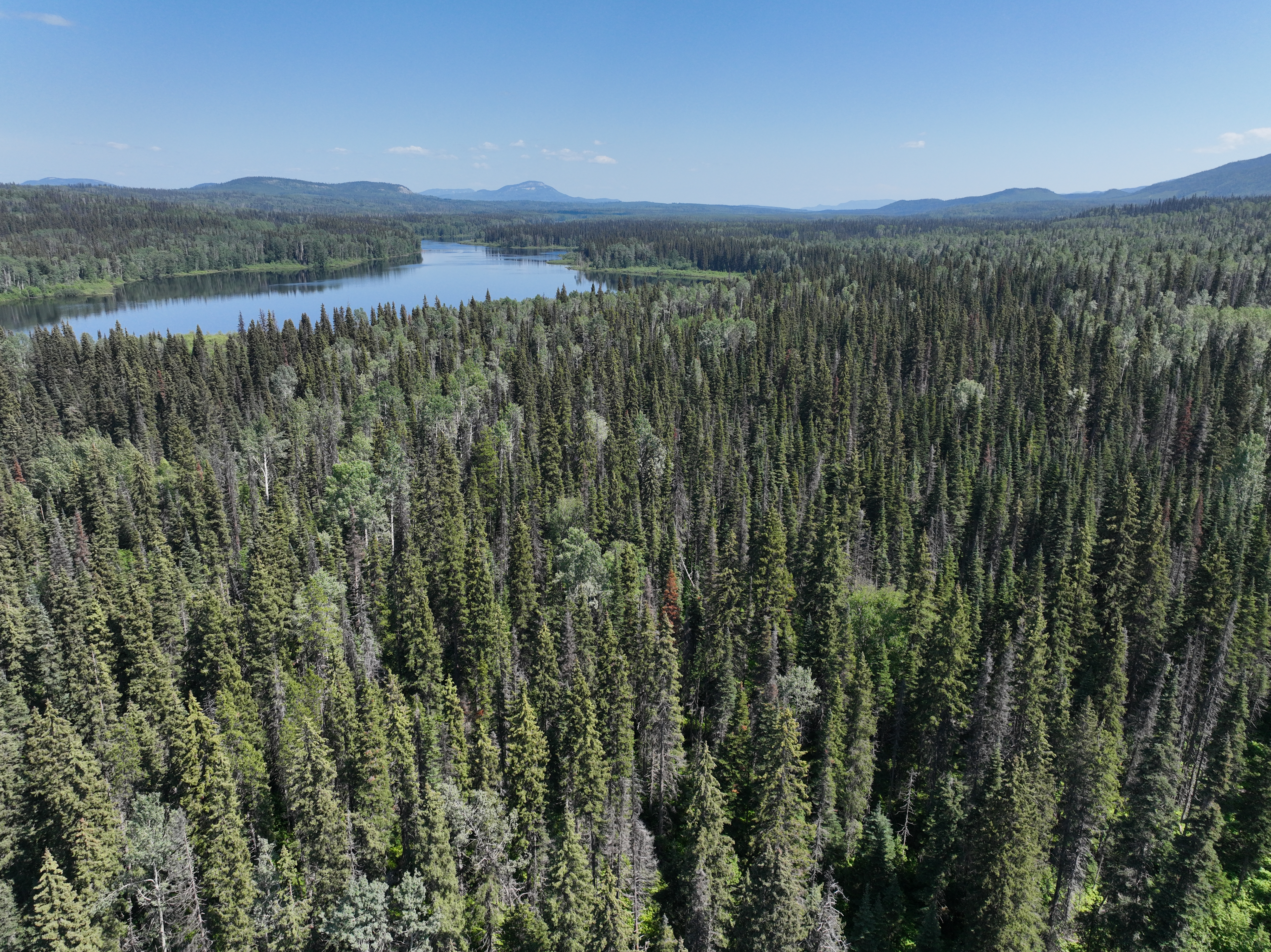Mounting evidence of carbon emissions and deforestation has driven ministries to end renewable subsidies for new biomass power and state-owned co-firing facilities starting January 2025, with phased reductions for existing plants.
New policy will shrink renewable energy credits available for imported wood pellets, sending a signal across Asia that South Korea will mitigate its dependence on forest fuels linked to tropical deforestation.
December 18, 2024 (SEOUL) — South Korea today announced a major reform of government support for biomass energy, phasing down subsidies for most biomass categories. The Ministry of Trade, Industry and Energy (MOTIE), Korea Forest Service, and Ministry of Environment’s new joint initiative, titled “Plans to Improve the Biomass Fuel and Power Market Structures,” seeks to address domestic and international criticism of biomass for its environmental impacts. As the largest policy rollback of its kind in Asia, this reform is poised to curtail the rapid and often unchecked growth of the biomass industry in the region.
The plan follows mounting concerns throughout 2024 about the climate impacts biomass energy and its heavy reliance on imports. “Various problems have emerged with the [biomass] market expansion,” MOTIE stated. “The price subsidy effect of Renewable Energy Certificates (RECs) has caused competition between feedstocks for power generation and those for recycling while criticisms regarding deforestation and carbon emissions caused by biomass power generation continue to be raised.”
To address these issues, the government will scale back REC incentives—credits issued per megawatt of renewable electricity generated—which have disproportionately favored biomass over other energy sources like solar and onshore wind. Biomass plants burning wood sourced from standing forests currently receive REC multipliers (or ‘weightings’) that are higher than those for ‘genuine’ renewables, undermining South Korea’s energy transition.
Under the revised REC scheme:
New biomass power plants: All RECs for new biomass facilities will end, barring additional woody biomass projects from entering the market.
State-owned power plants: RECs for six state-owned coal-and-biomass co-firing plants will end by January 2025. Weightings for three state-owned dedicated biomass plants will be phased down from 1.5 to 0.5 by 2027.
Privately-owned power plants: Weightings for six co-firing plants will be gradually phased out over the next decade, while current weightings of 1.5 will be reduced to 0.5 over the next 15 years for 12 dedicated plants.
Domestic ‘unused forest biomass’ fuels: REC weightings for pellets and chips made from so-called forestry residues will remain unchanged at 1.5 for co-firing and 2.0 for dedicated burning.
South Korea’s decision to substantially shave off subsidies for all biomass except for domestic feedstocks is a testament to the title of the government’s press release, “Mitigating Biomass Power’s Dependence on Imports.” This shift is expected to send ripples across Asia, particularly in countries with growing biomass industries such as Vietnam and Indonesia. Most wood pellet exports from Southeast Asia are destined to South Korea and Japan.
While South Korea sources 71% of its wood pellets imports from Southeast Asia, Japan is on track to become the world’s largest wood pellet importer by 2030. Much of the demands from both countries is met by Vietnam, as it stands as the world’s second largest wood pellet producer. Meanwhile, Indonesia has mandated biomass co-firing in coal power plants nationwide, putting over 10 million hectares of forests at risk. South Korea’s curbing subsidies for imported biomass is therefore a significant step toward reducing its role in ‘importing deforestation’—potentially setting a precedent for the region.
However, concerns remain that maintaining high REC weightings for domestic forestry residues could shift deforestation risks inward without reducing the overall biomass capacity. Analysis of government data shows that these residues are harvested through destructive clear-cutting 87% of the time. Critics also point to the slow phase-out timeline for private biomass plants, arguing that some facilities will remain profitable well into the 2040s. Scientists emphasize the urgency of deep, rapid emissions cuts across all sectors, including biomass energy.
Hansae Song, Forests & Land Use Lead at Solutions for Our Climate (SFOC):
“South Korea’s decision to reduce support for the most harmful types of biomass—imported fuels and coal co-firing—signals that public officials can no longer ignore the economic and environmental costs. The biomass industry has proven financially unviable, burning government subsidies to leave only carbon dioxide and barren forests behind. While the energy ministry’s reforms are a long-overdue correction, they herald a step in the right direction. Leveling the rainforests of Southeast Asia to fuel power stations in East Asia is quickly losing its ground.
However, the shift toward exploiting domestic forests reveals how a small group of industry interests continues to exert disproportionate influence, holding our natural world hostage. Granting de facto guaranteed renewable support to private biomass plants for up to 15 years ensures that millions of tons of wood will still be burned annually, driving the climate crisis closer to irreversible tipping points. These flaws will not go unnoticed. Public opposition will continue to challenge Asia’s overdependence on biomass, rescuing the energy transition from this false climate solution.”
ENDS.
Solutions for Our Climate (SFOC) is an independent nonprofit organization that works to accelerate global greenhouse gas emissions reduction and energy transition. SFOC leverages research, litigation, community organizing, and strategic communications to deliver practical climate solutions and build movements for change.
Website: https://forourclimate.org/
To request interviews, quotes, or more information please contact Yi Hyun Kim, Communications Officer, at yihyun.kim@forourclimate.org.
Share this insights




























![[Webinar] International webinar on enhancing due diligence of forest risk commodities' supply chains in Asia](https://content.sfoc.tapahalab.com/images/research/sjGudme.jpg)



![[토론회] 한국형 녹색분류체계(K-Taxonomy), 무엇이 녹색경제활동인가](https://content.sfoc.tapahalab.com/images/research/bn8jdme.jpg)

![[Webinar] Palm Oil based Biofuels Policy and Socio-Environmental Impacts in Asia](https://content.sfoc.tapahalab.com/images/research/BOpldme.jpg)






